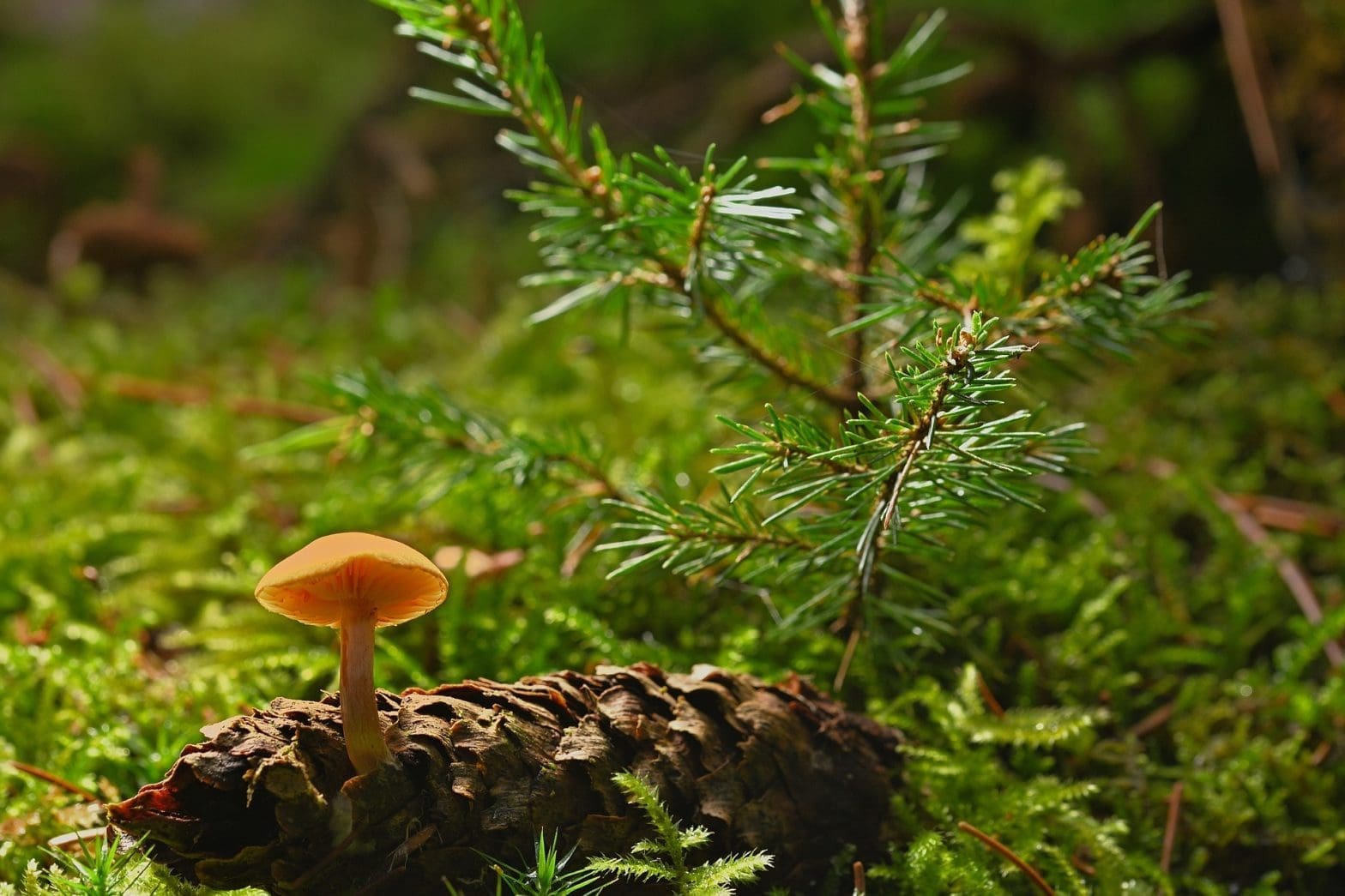Biodiversity 9 Deep Dive
Transformation to a Holistic Perspective – Nature Can Cool the Planet
Fall 2023, Wednesdays, September 20 – December 13
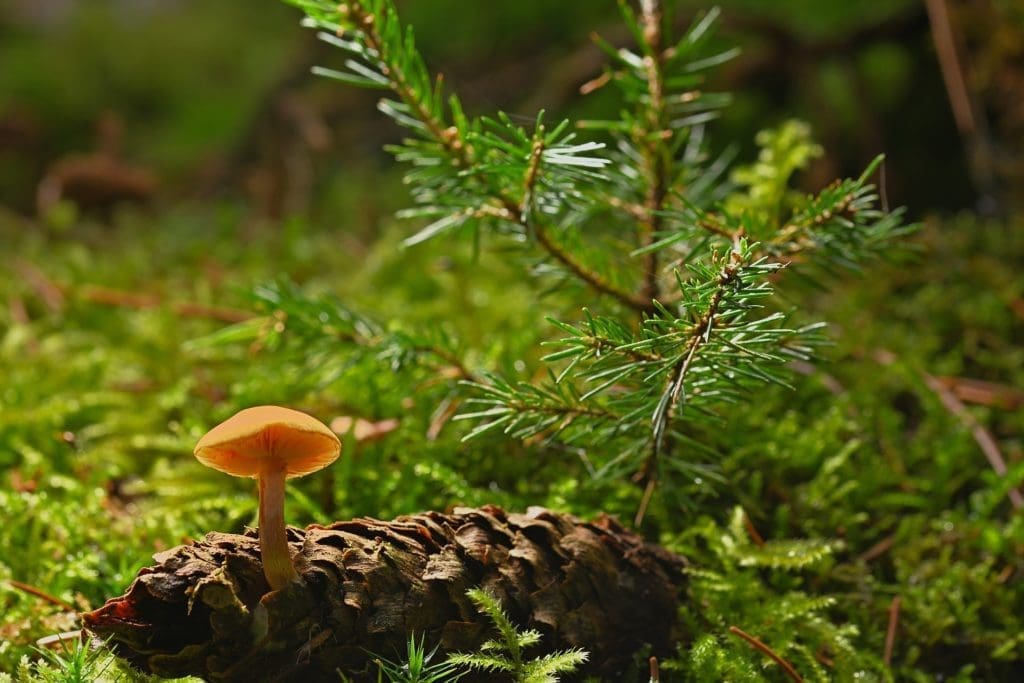
Are you ready to transform your understanding of how life on the planet works and how we can play a role? Join us as we follow the transformation of two leading writers and thinkers to a deeper understanding of natural systems, our role, and the ability of nature to cool the planet.
While each course builds on our understanding, you do not need to have taken any of the previous Biodiversity Courses.
Format
This is a 12 week course that meets every Wednesday, starting September 20 and running through December 13, 2023. Sessions will be held from 12 – 2pm ET and 7 – 9pm ET on Zoom to accommodate students’ schedules.
Join a live class each week to discuss readings, enjoy expert presentations, and be challenged to do your own experiments. Past classes have even included discussions with the authors! You can also connect to the Biodiversity Deepdive community through an exclusive Google Groups forum.
Your instructor
Jim Laurie discovered the magical power of nature in his work as a biologist in the chemical industry to clean toxic wastewater with “living machines”. His career turned to restoration biology and teaching. You will enjoy his interactive and thought provoking style which makes science accessible, while still being comprehensive.
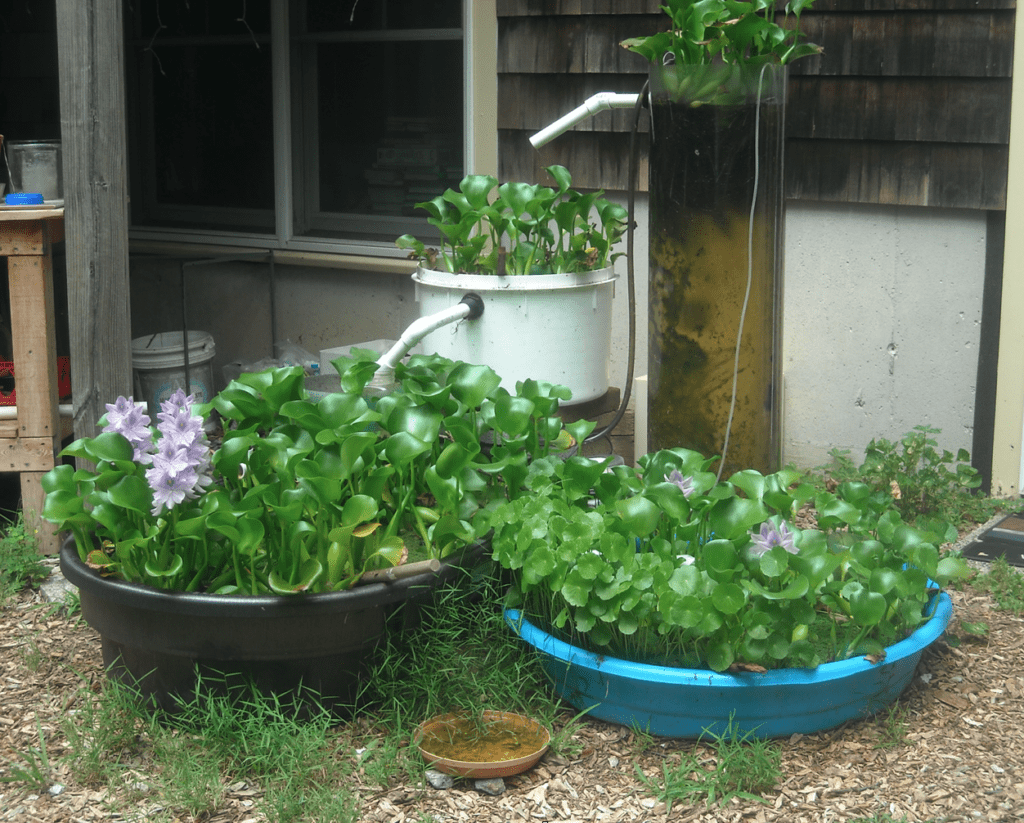
Course Description
In our previous courses, we have taken a deep dive into Evolution and Nature’s ability to adjust and adapt to constant change. We found that symbiosis and cooperation between species can be good strategies in dealing with change. Competition is always present, but often not as effective as symbiosis. We are finding microbiomes in healthy soils and in our digestive system. Plants and animals nurture microbiomes to survive. We are learning that monocultures have many disadvantages to perennial polycultures where many species communicate and share resources. Cover crops, Miyawaki forests, and agroforestry are examples of dense polycultures. Suzanne Simard’s “Mother Tree” networks are another example.
Adopting a Holistic Perspective can help us to see and understand these connections more clearly and to make better decisions. “Seeing the Whole” however can be difficult if it challenges our long cherished beliefs. Yet as the planet warms, we are seeing climate change accelerating on many fronts. We are in a serious extinction episode. Many species are working to adapt to changing habitats, but other important species are disappearing and we are finding it harder for our human species to thrive. Are we in Danger?
It may not be necessary to explore new ways of thinking in stable times, but in our present world, seeing opportunities that nature offers us can be life saving. In this course, we will follow the Transformation of two wonderful observers and writers who have constantly been surprised at what Nature is teaching them from the cellular level to organisms to ecosystems to the global water cycles and climate.
Books used in the course:
1. Nourishment: What Animals Can Teach Us About Rediscovering Our Nutritional Wisdom – by Fred Provenza (2018)
2. Cows Save the Planet: and Other Improbable Ways of Restoring Soil to Heal the Earth – by Judith D. Schwartz
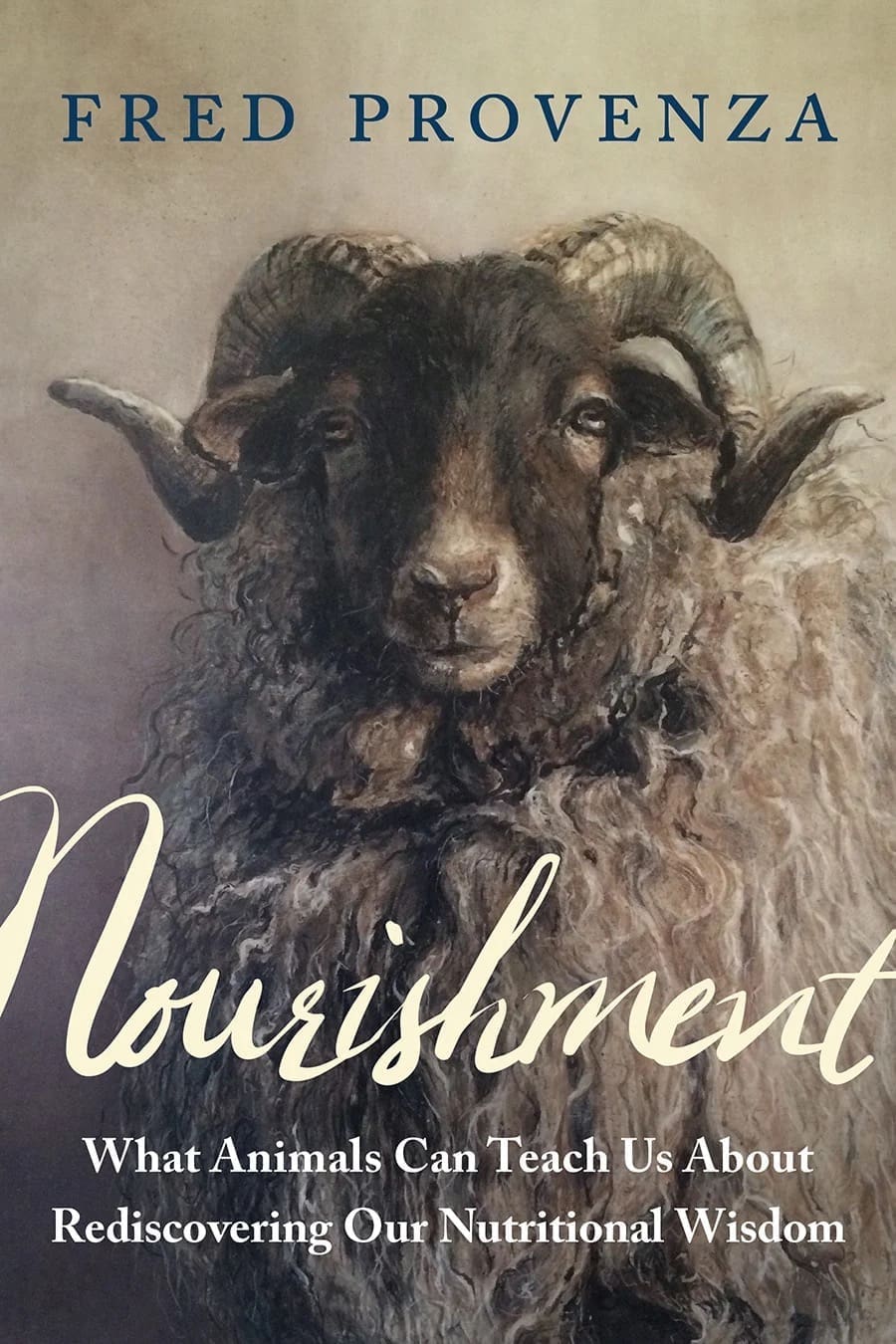
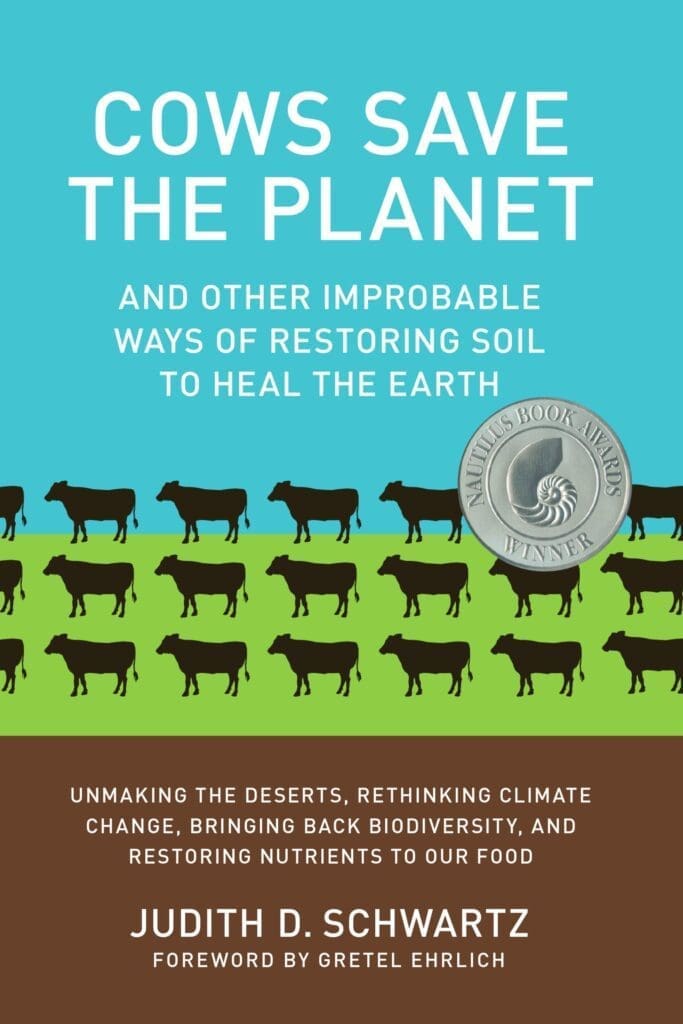
Fred Provenza has studied grazing animals as a field biologist and university professor for decades and found there is much nutritional wisdom in these animals interacting with plants as well as microbes in the gut. He applies this knowledge while looking at the human diet and asks, “What can animals teach us about rediscovering our nutritional wisdom?” Healthy microbes in the digestive tract help make a healthy animal or human. Fred’s amazing book published in 2018 is titled Nourishment. In this book, he examines how many of his beliefs about nature have changed over the years and how it transformed him.
Judy Schwartz is a journalist who was fascinated when she was told that “soil is wealth.” She has since written three books about environmental issues and solutions. In her first book, Cows Save the Planet published a decade ago, Judy documents her transformation. She learned from Peter Donovan and Christine Jones about the soil ecosystem where over 90% of land creatures live. She then introduces us to Allan Savory and his Holistic Planned Grazing which has helped tens of thousands of ranchers reverse desertification on tens of millions of acres on 5 continents. Allan realized that perennial grasslands and grazing animals co-evolved in “brittle” landscapes with dry seasons. Judy also explores new paradigms in the water cycle where we meet Michal Kravčík (small water cycles & infiltration) and Anatassia Makarieva (biotic pump & atmospheric rivers). These ideas and others described in Cows Save the Planet are increasingly valuable in our efforts to help Nature’s Biodiversity cool Planet Earth. If her schedule allows, Judy Schwartz might be able to attend a class or two in this course. She enjoys sharing ideas and hearing your feedback about her writing.
When grasslands evolved into major ecosystems rather recently in Earth’s history, they attracted large grazing herds bringing nutrients to build deep carbon rich soils. These deep soils sucked so much carbon from the air that the planet experienced many ice ages in the last few million years. Many of these lands are desertifying now. Could they be grasslands again?”
Jim Laurie
Whether this is your first or ninth course, please join us if you are curious about nature and its power to restore ecosystems to abundance. The veterans of previous classes will help you catch up in your learning. We are developing into a “Symbiosis Team” to ameliorate or reverse the impacts of Global Warming. Everyone has much to learn and share and there is much to be done. We need and appreciate your enthusiasm on the team, and encourage people to join at the level that they are able to. Sliding scale pricing is available, as are scholarship options. To join us, register below!

